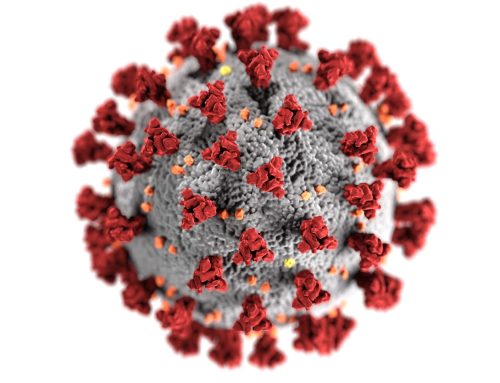According to the Crohn’s & Colitis Foundation, nearly 1.6 million people in the United States have been diagnosed with inflammatory bowel disease (IBD), and around 70,000 new cases are reported every year. The two main diseases associated with IBD are Crohn’s disease and ulcerative colitis. While these two diseases have some similarities, they often affect people in different ways.
What Is Crohn’s Disease?
Crohn’s disease is an incurable IBD that affects the digestive tract. The inflammation it causes can lead to severe pain in the digestive tract, acute diarrhea, bleeding from the rectum, and, in severe cases, weight loss and malnutrition. While gastroenterologists aren’t positive about the exact reason people get Crohn’s disease, it’s believed that people with weakened immune systems may be more susceptible to getting it, according to the Mayo Clinic.
Diet may also be a factor for people getting this disease. In an article by the American Gastroenterological Association (AGA), it was found that people who consume large quantities of processed meats or other foods that enrich sulfur-metabolizing bacteria in the gut may be prone to getting Crohn’s disease, which might lead to colon cancer.
How Is Crohn’s Disease Different From Ulcerative Colitis?
One of the main differences between these two IBDs is the location of the inflammation. While many people experience similar symptoms with both types, such as pain, diarrhea, and fatigue, Crohn’s disease can affect the entire digestive tract, including the mouth. It may also cause inflammation of the eyes or sores in the mouth. Ulcerative colitis (UC), on the other hand, tends to mostly affect the large intestine and rectum, and people with UC often have slimy, bloody stools, which isn’t generally associated with Crohn’s disease.
How Do Gastroenterologists Diagnose Crohn’s Disease?
Gastroenterologists will order a colonoscopy so they can see the entire colon and take a biopsy of tissue. If the inflammation occurs in the rectum and colon itself but not beyond that part of the digestive tract, the doctor may diagnose the patient with ulcerative colitis.
Crohn’s disease can cause inflammation anywhere. During the colonoscopy, the gastroenterologist may notice patches of inflamed tissue next to healthy tissue. Another sign is the appearance of granulomas, which are clusters of inflamed immune cells. If the doctor suspects Crohn’s disease, they may order an endoscopy to look into the upper gastrointestinal tract (GI) or use magnetic resonance imaging (MRI) to get an overview of the entire GI tract.
Is Crohn’s Disease Curable?
Crohn’s disease and ulcerative colitis are not curable, but they are manageable. The symptoms of Crohn’s disease can be managed through select medications. Diet can also help people manage or mitigate their symptoms. Certain foods can trigger an inflammatory response, causing flare-ups. A gastroenterologist will design an eating plan, suggest lifestyle changes, and prescribe medications to help IBD patients to live more comfortably with their condition.
If you experience signs or symptoms that you suspect may be Crohn’s disease or another digestive condition, our gastroenterologist specialists at JCMC can help you. Contact us today for a consultation.







